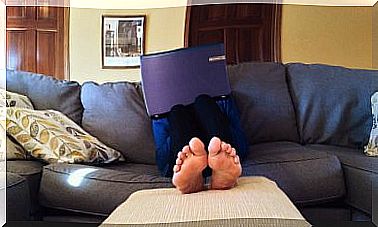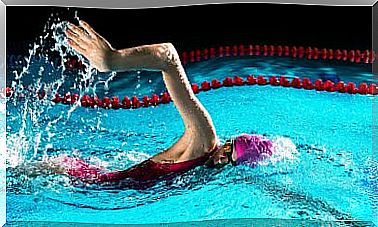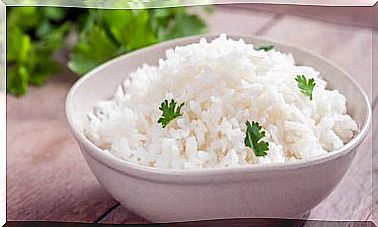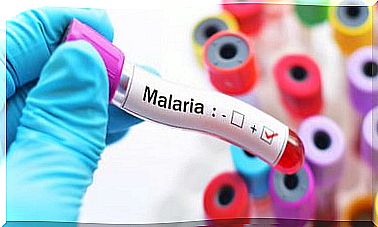6 Mistakes Not To Make After Exercising
Exercising has many benefits for the body. However, you have to pay attention to everything you do after finishing your practice. In this way, we avoid falling into mistakes.

After finishing a training routine it is essential to maintain healthy habits. Although we overlook it, those actions we take after training greatly affect the results we have with exercise. So what to do after exercising?
In order not to make mistakes, we must monitor from nutritional aspects, to simple things such as guaranteeing good rehydration, removing sweat, and so on. To make this clearer, below we want to address those mistakes that some people usually make after exercising.
Mistakes You Make After Exercising
Let’s start with the most important; making the decision to exercise is one of the best things we can do to improve health. According to a post in Cold Spring Harbor Perspectives in Medicine , exercising can reduce the risk of up to 40 chronic diseases.
Specifically, it helps improve cardiovascular health, reduces the risk of type 2 diabetes, prevents obesity and overweight, without forgetting that it also improves mental health. In addition, its daily practice gives us vitality and good energy.
However, to get the most out of it, we must try not to make certain mistakes once we finish your practice. Although we may think that they are unimportant things, in reality they can become decisive to obtain positive effects with this habit.
1. Eat high calorie dishes

Foods eaten after exercising, even those eaten at any time of the day, should not be heavily calorie dense. Training will be useless if the calories burned are recovered later. The only people who can eat “what they want” are people who do high intensity sports, such as athletes.
The rest of us “normal” people must try to limit our calorie intake if we are to reap the benefits of exercise. For this, it is convenient to consume sources of protein, such as lean meats, nuts or legumes.
According to a study published in The Physician and Sportsmedicine , taking protein after exercising can help your body get the amino acids it needs to build new muscle tissue.
2. Not drinking enough water
It is very important to drink water during and after training. Many people do not consume it in sufficient quantities. It is also common to substitute unhealthy drinks for water, such as soda and soda.
According to information from the American Academy of Family Physicians (AAFP) , it is advisable to consume about 20 ounces of water 2-3 hours before training. During training, about 8 ounces should be taken. Also, about 30 minutes after exercise, take another 8 ounces.
Another recurring mistake is thinking that you should only drink when you sweat too much. Sweating is not directly related to the amount of water that is ingested.
3. Not sleeping well
Professionals recommend a good routine based on a correct diet and adequate rest. The body needs to sleep a minimum of hours each day to perform properly. Specifically, it requires 7 to 8 hours of uninterrupted sleep a day to recover the energy expended during physical activities.
It is a big mistake not to sleep well after exercising, regardless of what time it is done. Nighttime rest, as detailed in a study in the American Journal of Lifestyle Medicine , improves the effects of exercise on the body, and in turn, exercising contributes to restful sleep.
4. Drink energy drinks
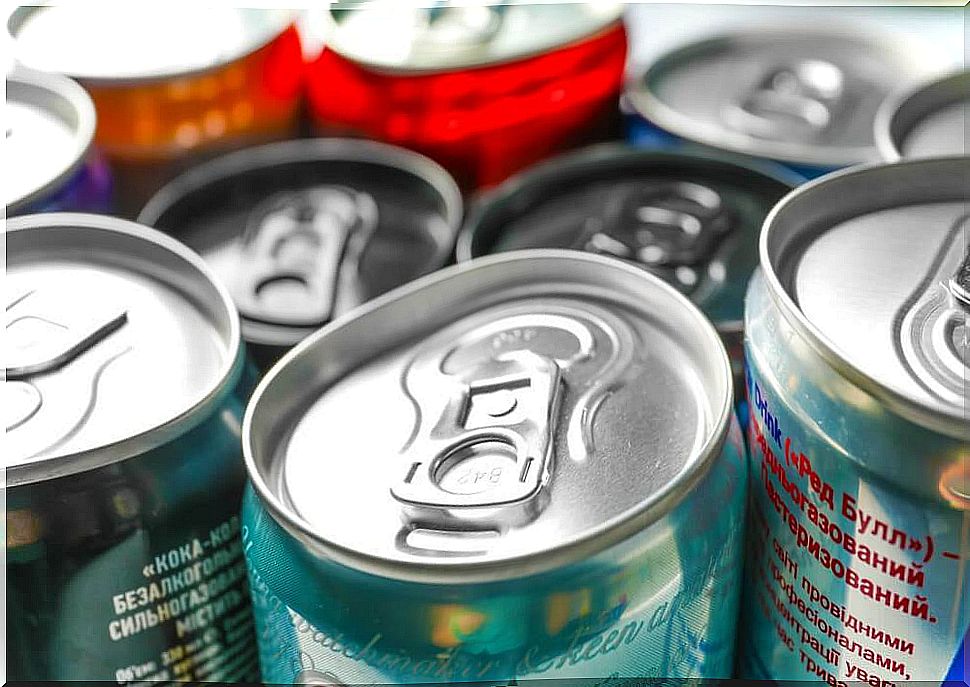
Energy drinks should not be substituted for natural water. It is not usually advisable to consume these types of products regularly. It can lead to serious health consequences, as research published in the International Journal of Health Sciences warns .
Energizers usually contain unnatural stimulant compounds that are not always beneficial, such as caffeine, ginseng or taurine, among others. These can cause nervousness, anxiety and in more serious cases heart problems.
Also, according to the aforementioned study, by increasing diuresis, they should be avoided during prolonged exercise in a hot environment due to the possibility of dehydration. In any case, if ingested, it should be before training and not after, always in moderate amounts.
5. Don’t do stretching exercises
Most of us have a bad habit of simply ending our exercise routine. We don’t stretch and we go home without doing that “closure.” However, as an article in Harvard Health explains, “stretching keeps muscles flexible, strong, and healthy.”
It is important to do it after exercising, since after the activity the necessary blood flow is obtained and the tissues are more flexible. This helps keep your muscles healthy and reduces the risk of injury.
6. Do not clean the equipment
Removing sweat from our skin with a shower is not the only hygienic measure that we must take into account after training. It is also important to wash the water bottle, the clothes, the mat and all the elements with which we have had contact well.
For what reason? The moisture left by sweat, coupled with bacteria, can cause unpleasant odors or, in more extreme cases, infections. Make sure you leave everything clean and disinfected.
In summary
After doing physical exercise we must pay attention to the habits that we carry out. Thus, we get more benefits from their practice and we get to see the results we expect.
